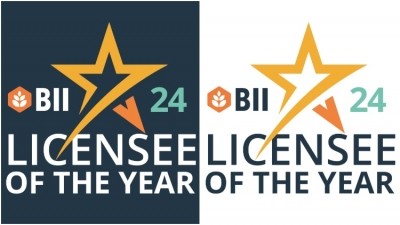LICENSING HUB - LEGAL WITH POPPLESTON ALLEN
Q&A with Poppleston Allen: Pavement Licences

1. Are pavement licences under the Business & Planning Act here to stay?
Originally the Business and Planning Act 2020 came into force as a temporary measure due to the COVID pandemic, however, as of Sunday 31st March 2024 the legislation was made permanent. As a result, pavement licences under the Business and Planning Act are here to stay.
2. What are the changes under the new permanent regime?
The Council fee has risen from a £100 maximum to a £350 maximum for renewals and a £500 maximum for brand-new applications. Each authority can determine their fees up to the maximum level set out.
The duration of the pavement licence can now go up to a maximum of 24 months. However, no minimum duration has been set. We suspect most councils to continue to renew on a 12-month basis.
The 7-day consultation and 7-day determination periods provided under the temporary regime will be extended to 14 days for each.
Finally, the new regime grants Local Authorities new enforcement powers. Local authorities will now, with the consent of the licence-holder be able to amend the licence in certain circumstances.
3. Is any planning permission required?
There is no requirement for planning permission to be in place.
4. What ‘furniture’ can a Pavement Licence cover?
A Pavement Licence can permit counters or stalls for selling or serving food and drink; tables; counters or shelves on which food or drink can be placed; chairs; benches or other forms of seating; umbrellas; barriers; heaters and other articles used in connection with the outdoor consumption of food and drink.
Any furniture must be removable and relate to the serving, sale and consumption of food or drink. The guidance suggests that Local Authorities should be pragmatic in determining what is “removable”. It doesn’t mean that it must be removed when not in use, but simply “removable”.
If something is fixed and is not removable then an application would still be needed under the Highways Act 1980 or similar London Local Authorities’ local legislation. A-Boards are not included in the definition of furniture and would need separate consent under the Highways Act 1980 or similar London Local Authorities’ local legislation and, where relevant, advertising consent under the Town and Country Planning Act Regulations 2007.
5. What information will be required when applying?
Local Authorities will ask for different things as part of the application process. There is no restriction on what Local Authorities can ask for as long as they are ‘reasonable and should be kept as minimal as possible’.
All Local Authorities must ask for certain information which includes evidence of public liability insurance and a description of the type of furniture which will be used.
- Alex Tomlinson is a solicitor at Poppleston Allen








